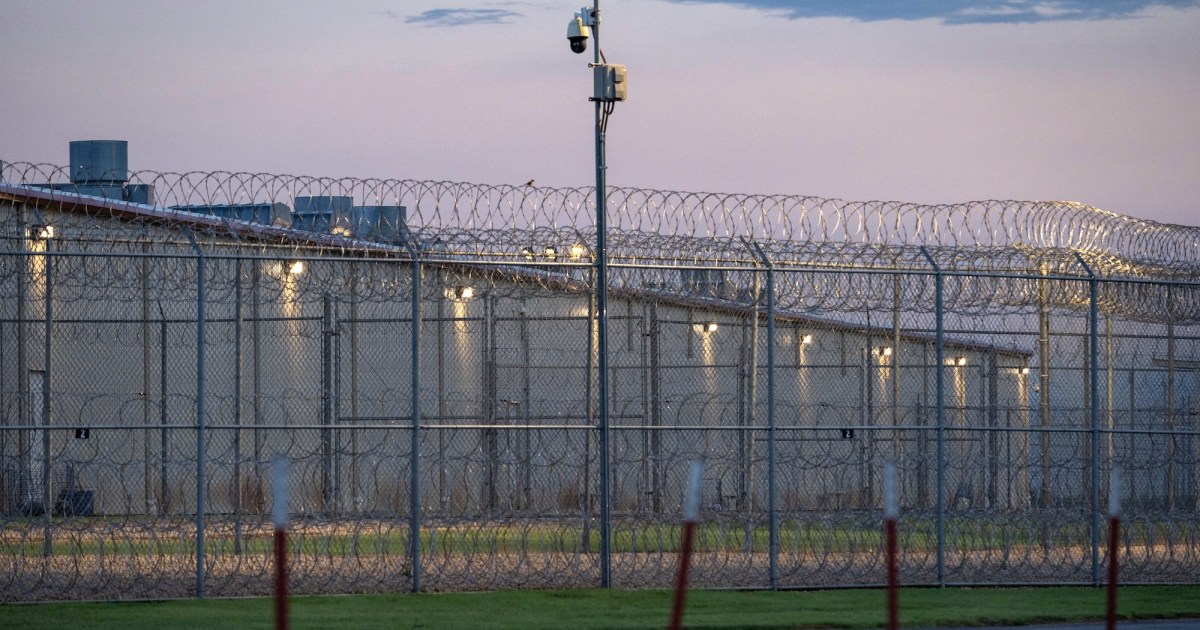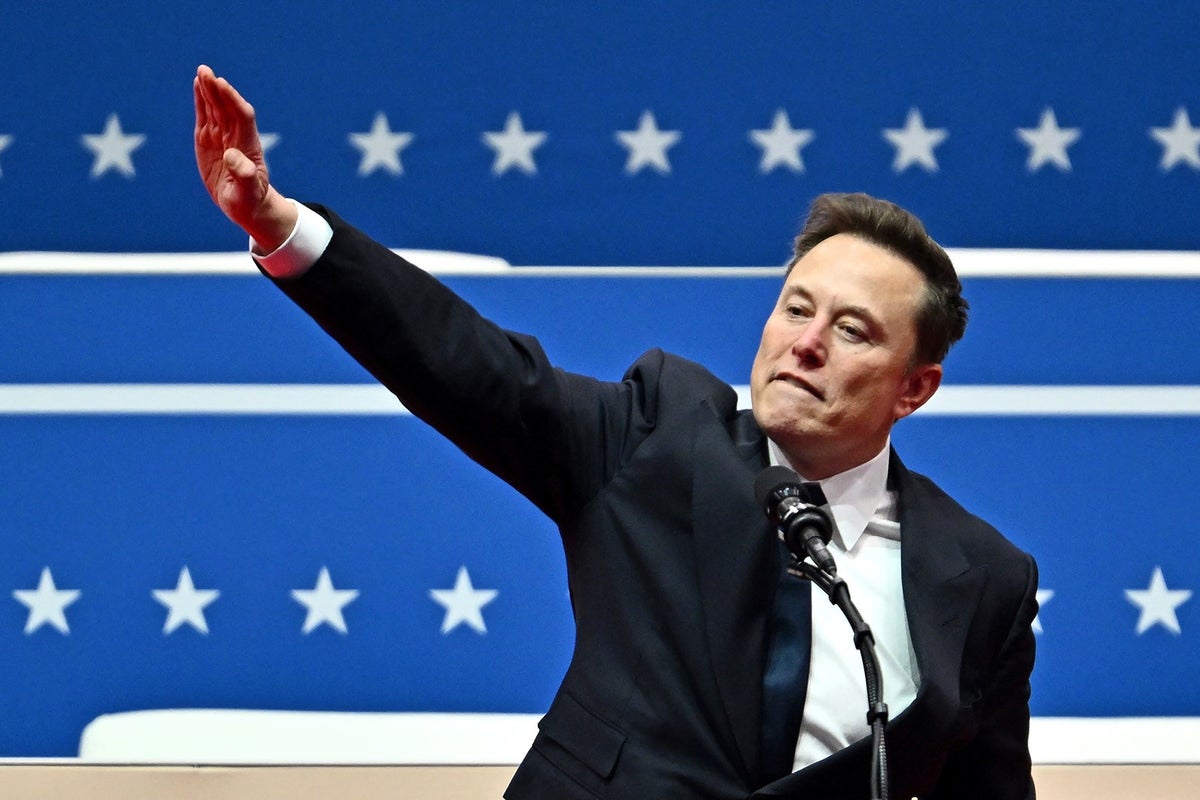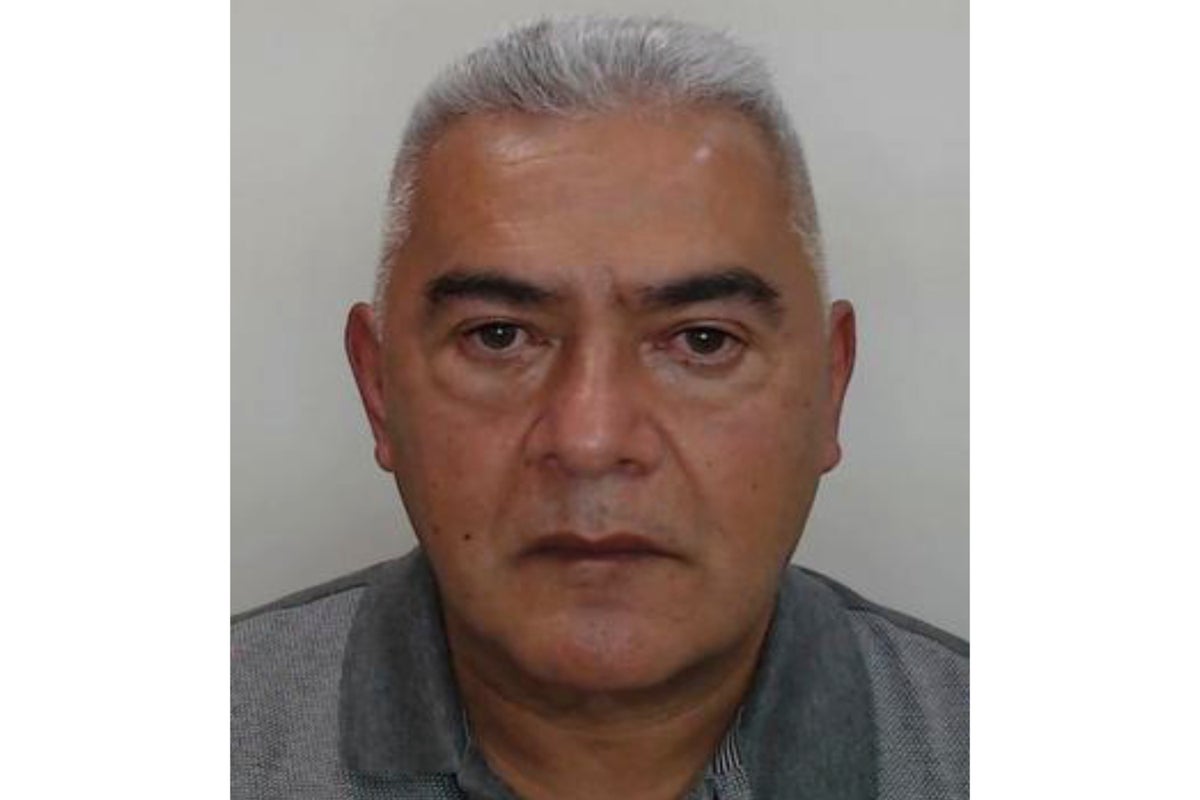In a 7-2 ruling on Friday afternoon, the Supreme Court once again barred the Trump administration from removing Venezuelans held at Texas immigration detention centers under the Alien Enemies Act, which gives the government extraordinary powers to summarily deport noncitizens during a “declared war” or “invasion.”
The justices found that the federal government violated the due process rights of detainees at Bluebonnet Detention Facility by failing to give them enough notice to contest their imminent removal on April 18, when dozens of men were put on a bus and vans headed to a nearby airport, presumably to be deported to El Salvador’s notorious CECOT prison. The notice provided by the Trump administration to the Venezuelans, the court ruled, was severely inadequate—especially in light of the possibility of indefinite detention in a foreign prison.
“The Government has represented elsewhere that is unable to provide for the return of an individual deported in error to a prison in El Salvador,” the majority wrote in reference to the case of Kilmar Abrego Garcia, whom the government has acknowledged it wrongly deported, “where it is alleged that detainees face indefinite detention…The detainees’ interests at stake are accordingly particularly weighty. Under these circumstances, notice roughly 24 hours before removal, devoid of information about how to exercise due process rights to contest that removal, surely does not pass muster.”
The Court also reaffirmed that Venezuelans facing removal under the Alien Enemies Act are “entitled to constitutionally adequate notice prior to any removal, in order to pursue appropriate relief.”
As a Mother Jones investigation based on firsthand accounts from six detainees at Bluebonnet previously revealed, the Trump administration tried to abruptly expel about 60 Venezuelan men without giving them a meaningful opportunity to challenge their removal—which the Supreme Court had previously required. The interviewed detainees, who were handed a one-page document informing them they were going to be removed under the Alien Enemies Act as alleged members of the Tren de Aragua gang, disputed the government’s accusations.
In some cases, the men received the notice—written only in English and without any mention of their right to seek relief in court—just hours before being loaded onto a police-escorted convoy headed to the Abilene Regional Airport. Had it not been for a last-minute legal effort by the ACLU, which led to the men being returned to the detention center, they could have joined the hundreds of Venezuelans now trapped in President Nayib Bukele’s Terrorism Confinement Center. (In an overnight order on April 19, the Supreme Court then blocked the administration from deporting Venezuelans detained in northern Texas under the authority of the Alien Enemies Act “until further order” of the Court.)
The Court did not address the merits of the Trump administration’s use of the Alien Enemies Act to conduct summary deportations: “[W]e decide today only that the detainees are entitled to more notice than was given on April 18,” the decision states. Instead, the justices sent the case back to the conservative Fifth Circuit Court of Appeals, instructing it to consider whether the plaintiffs are likely to succeed in challenging the legality of President Donald Trump’s use of the act, as well as “the issue of what notice is due” to Venezuelans facing potential removal under the wartime statute.
The Fifth Circuit will have to contend with a permanent injunction issued earlier this month by Judge Fernando Rodriguez Jr. in the Southern District of Texas that bars the government’s use of the Alien Enemies Act in that jurisdiction. In it, Rodriguez, a Trump appointee, concluded that the “historical record renders clear that the President’s invocation of the AEA through the Proclamation exceeds the scope of the statute and is contrary to the plain, ordinary meaning of the statute’s terms.”
In a concurring opinion on Friday, Justice Brett Kavanaugh indicated that he would have preferred to see the Supreme Court take on the merits of the case, rather than have lower courts do so first. “[C]onsistent with the Executive Branch’s request for expedition—and as the detainees themselves urge—I would grant certiorari, order prompt briefing, hold oral argument soon thereafter, and then resolve the legal issues,” Kavanaugh wrote.
Justice Samuel Alito wrote a dissenting opinion that was joined by Justice Clarence Thomas. “First and most important, we lack jurisdiction and therefore have no authority to issue any relief,” Alito argued. “Second, even if we had such authority, the applicants have not satisfied the requirements for the issuance of injunctive relief pending appellate review.”
Alito claimed that on April 18—the day District Court Judge James Wesley Hendrix, a Trump appointee in the Northern District of Texas, did not block the Venezuelans’ removal—the legal record “contained only sketchy evidence about any imminent threat” to any of the Venezuelans at Bluebonnet. In doing so, he brushed off a court declaration from a lawyer attesting to the men’s likely imminent removal as “double-hearsay.” (The majority disagreed with that assessment, noting evidence that the government had in fact taken steps on April 18 to remove the detainees.)
ACLU’s lead counsel in the case, Lee Gelernt, made clear in a Mother Jones interview last month that the stakes that day couldn’t have been higher.
“In more than 30 years of litigating,” Gelernt said, “I can’t remember a situation that was this urgent or extraordinary, where we were worried that every minute we delayed filing something could mean that our clients would end up permanently in a brutal foreign prison for the rest of their lives. It was literally minute to minute.”
In a statement, Gelernt called Friday’s ruling “a powerful rebuke to the government’s attempt to hurry people away to a Gulag-type prison in El Salvador.”















